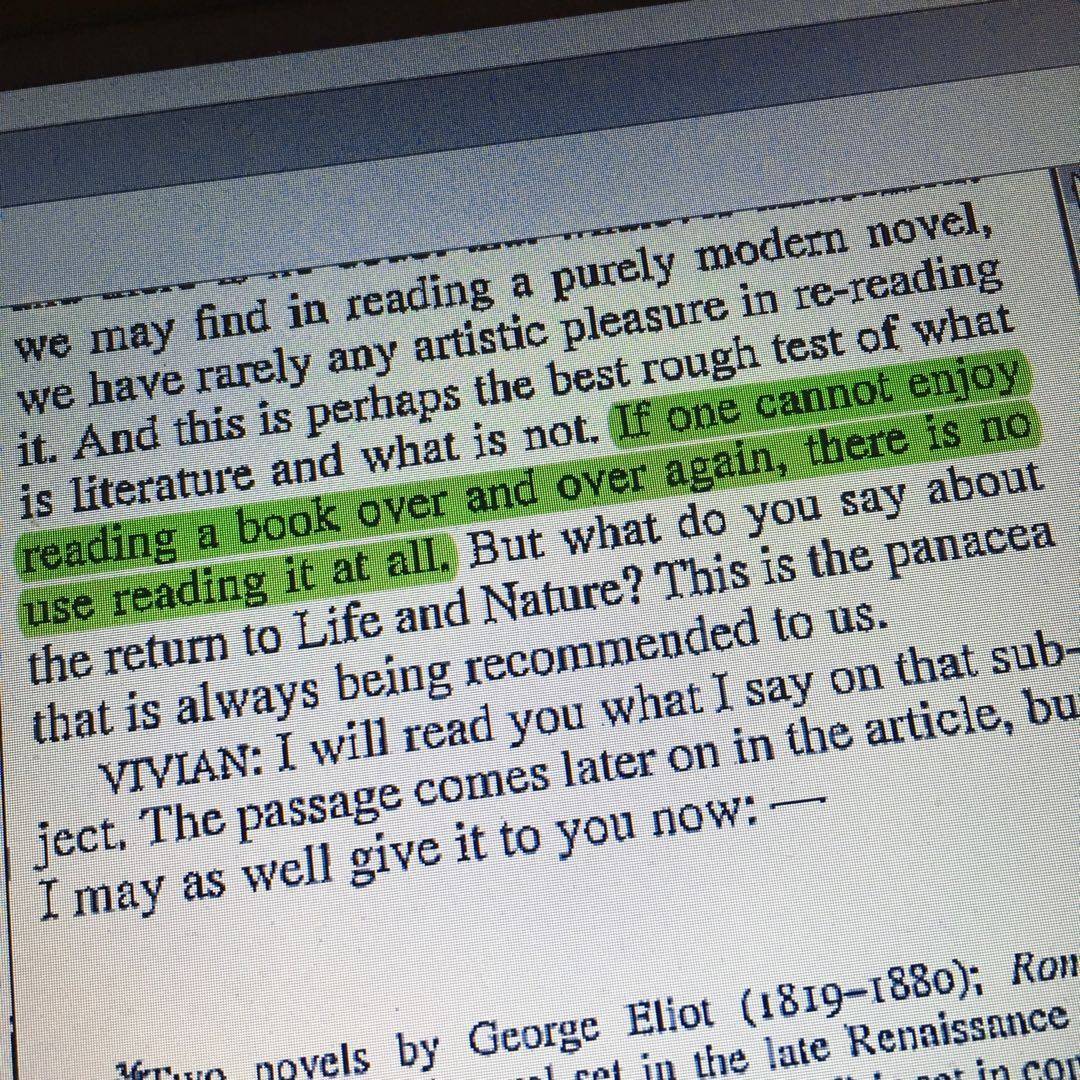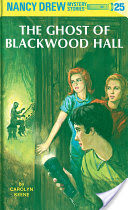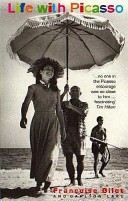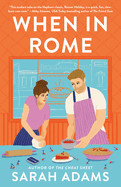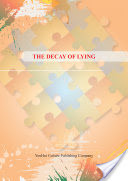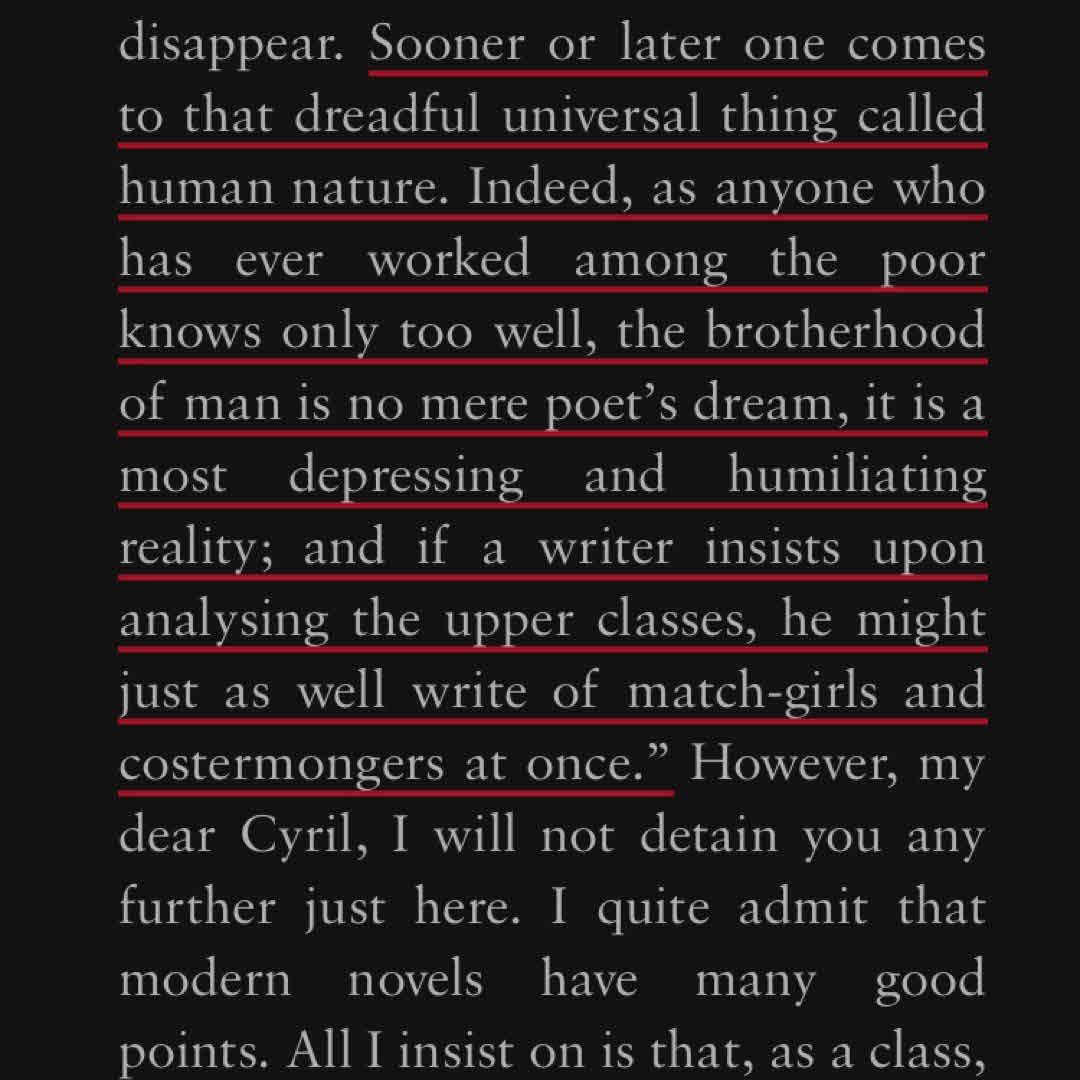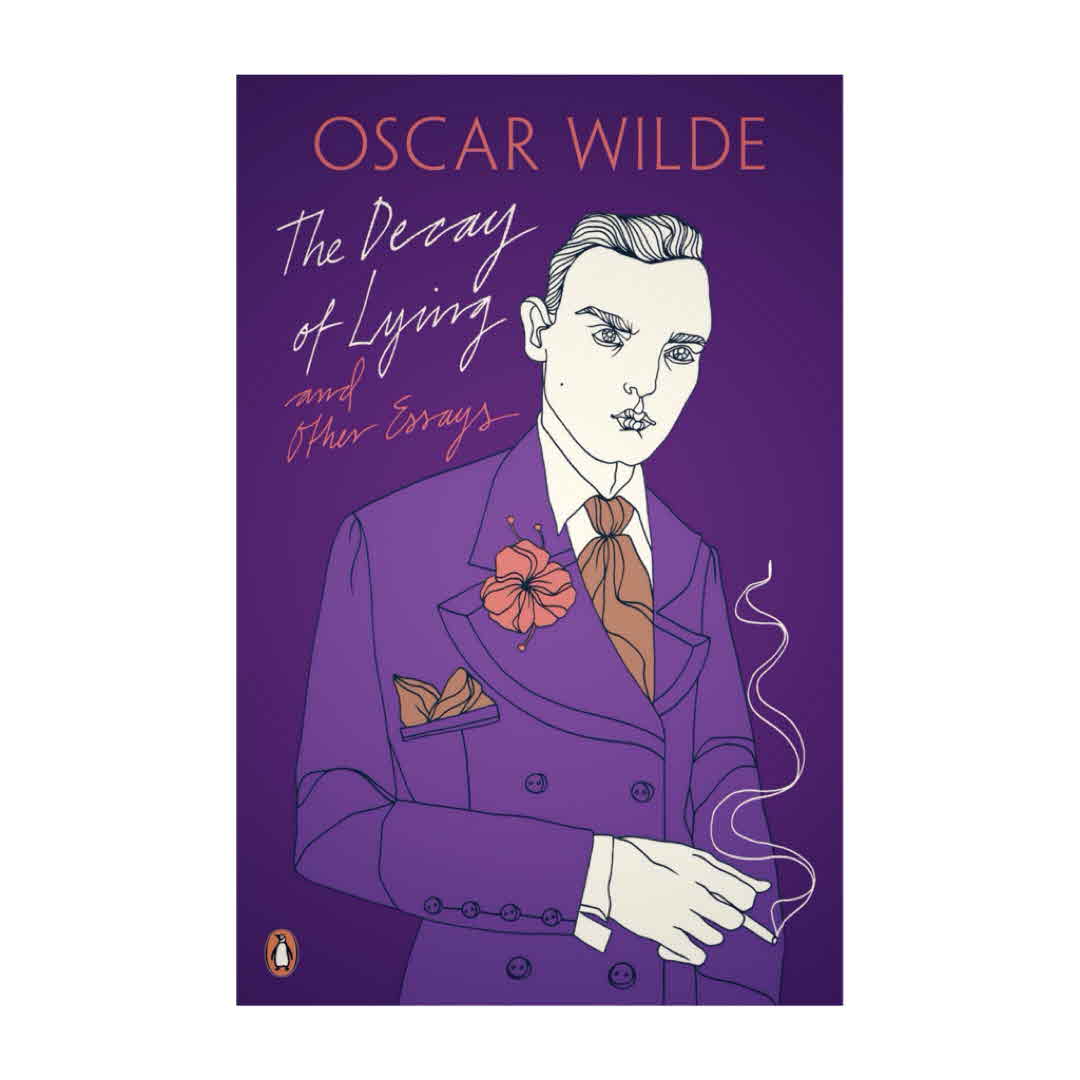THE DECAY OF LYING | Oscar Wilde
THE DECAY OF LYING A DIALOGUE. Persons: Cyril and Vivian. Scene: the Library of a country house in Nottinghamshire. CYRIL (coming in through the open window from the terrace). My dear Vivian, don't coop yourself up all day in the library. It is a perfectly lovely afternoon. The air is exquisite. There is a mist upon the woods, like the purple bloom upon a plum. Let us go and lie on the grass and smoke cigarettes and enjoy Nature. VIVIAN. Enjoy Nature! I am glad to say that I have entirely lost that faculty. People tell us that Art makes us love Nature more than we loved her before; that it reveals her secrets to us; and that after a careful study of Corot and Constable we see things in her that had escaped our observation. My own experience is that the more we study Art, the less we care for Nature. What Art really reveals to us is Nature's lack of design, her curious crudities, her extraordinary monotony, her absolutely unfinished condition. Nature has good intentions, of course, but, as Aristotle once said, she cannot carry them out. When I look at a landscape I cannot help seeing all its defects. It is fortunate for us, however, that Nature is so imperfect, as otherwise we should have no art at all. Art is our spirited protest, our gallant attempt to teach Nature her proper place. As for the infinite variety of Nature, that is a pure myth. It is not to be found in Nature herself. It resides in the imagination, or fancy, or cultivated blindness of the man who looks at her. CYRIL. Well, you need not look at the landscape. You can lie on the grass and smoke and talk. VIVIAN. But Nature is so uncomfortable. Grass is hard and lumpy and damp, and full of dreadful black insects. Why, even Morris's poorest workman could make you a more comfortable seat than the whole of Nature can. Nature pales before the furniture of 'the street which from Oxford has borrowed its name,' as the poet you love so much once vilely phrased it. I don't complain. If Nature had been comfortable, mankind would never have invented architecture, and I prefer houses to the open air. In a house we all feel of the proper proportions. Everything is subordinated to us, fashioned for our use and our pleasure. Egotism itself, which is so necessary to a proper sense of human dignity, is entirely the result of indoor life. Out of doors one becomes abstract and impersonal. One's individuality absolutely leaves one. And then Nature is so indifferent, so unappreciative. Whenever I am walking in the park here, I always feel that I am no more to her than the cattle that browse on the slope, or the burdock that blooms in the ditch. Nothing is more evident than that Nature hates Mind. Thinking is the most unhealthy thing in the world, and people die of it just as they die of any other disease. Fortunately, in England at any rate, thought is not catching. Our splendid physique as a people is entirely due to our national stupidity. I only hope we shall be able to keep this great historic bulwark of our happiness for many years to come; but I am afraid that we are beginning to be over-educated; at least everybody who is incapable of learning has taken to teaching - that is really what our enthusiasm for education has come to. In the meantime, you had better go back to your wearisome uncomfortable Nature, and leave me to correct my proofs.
